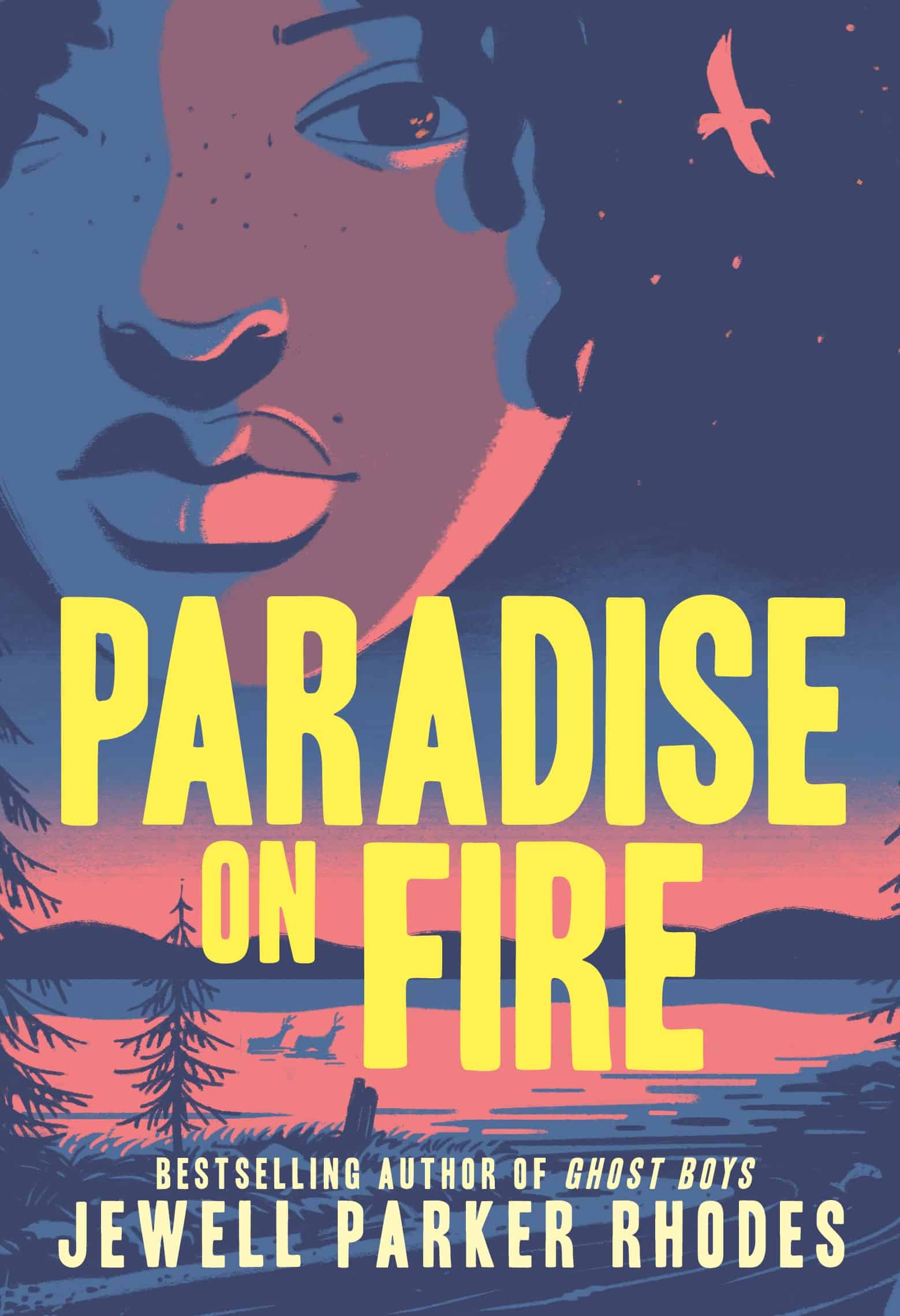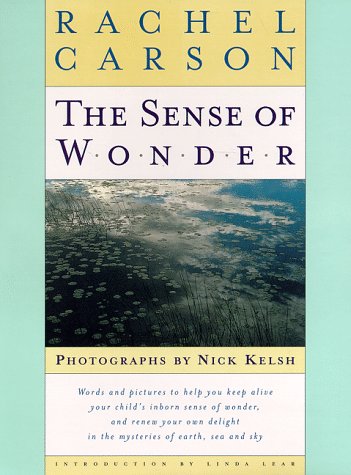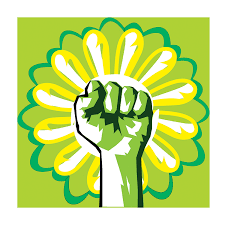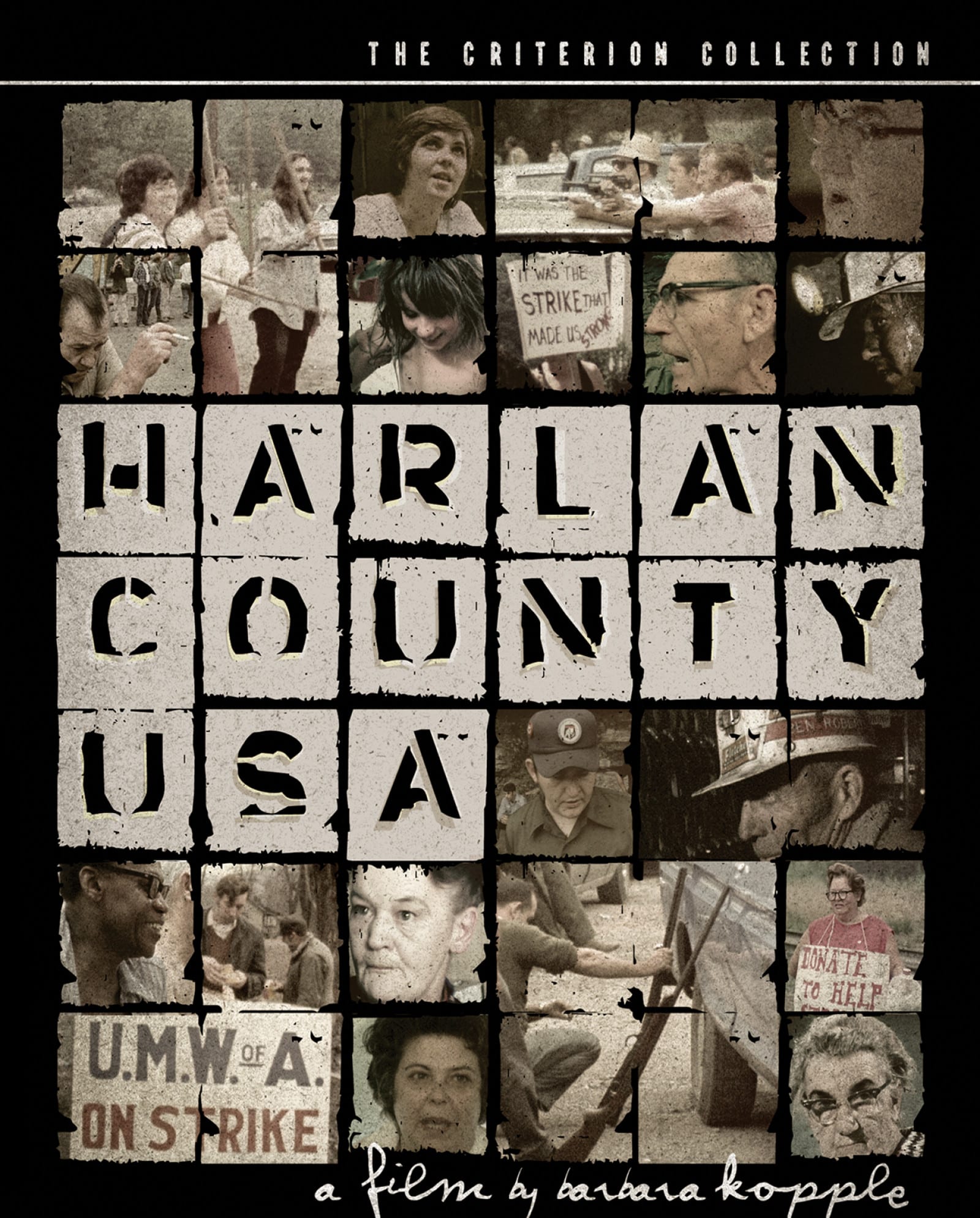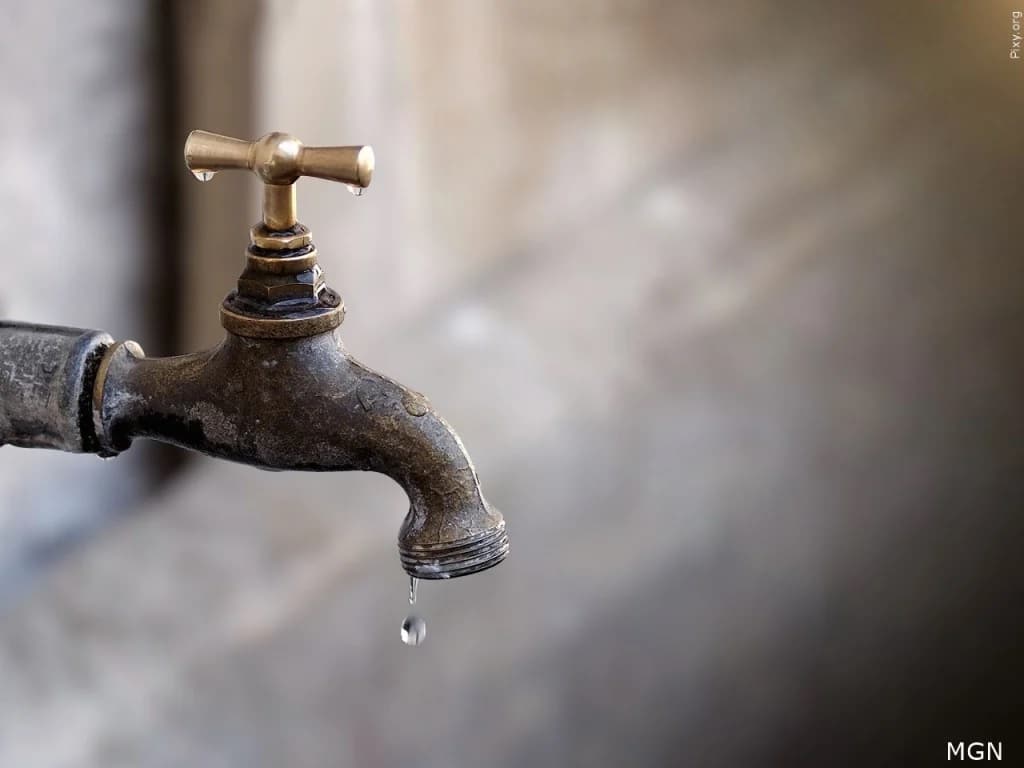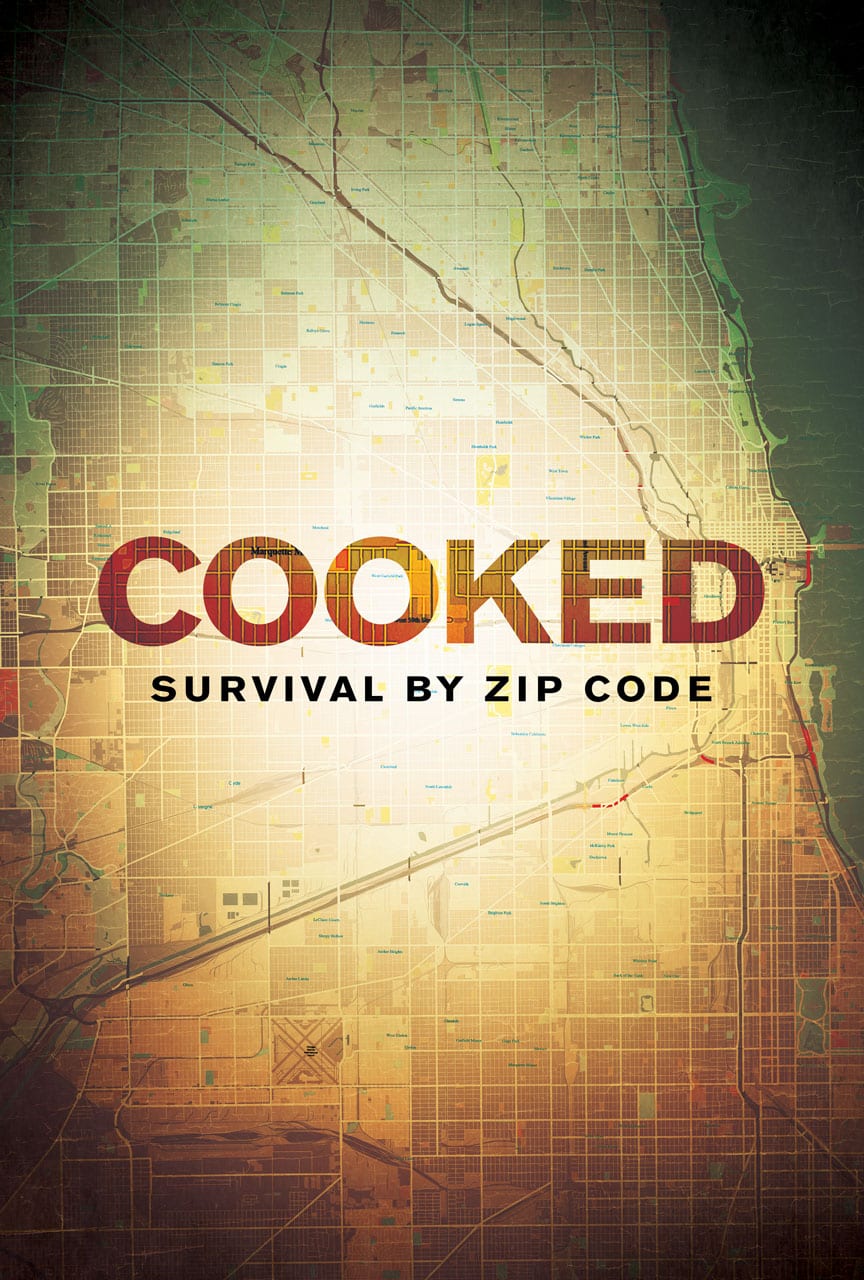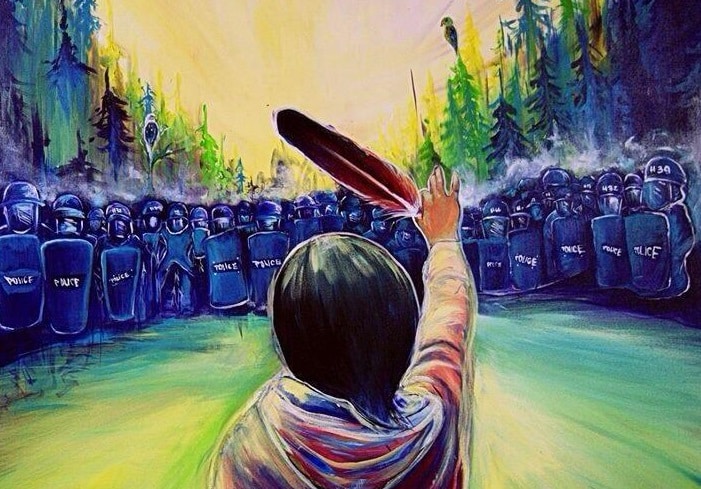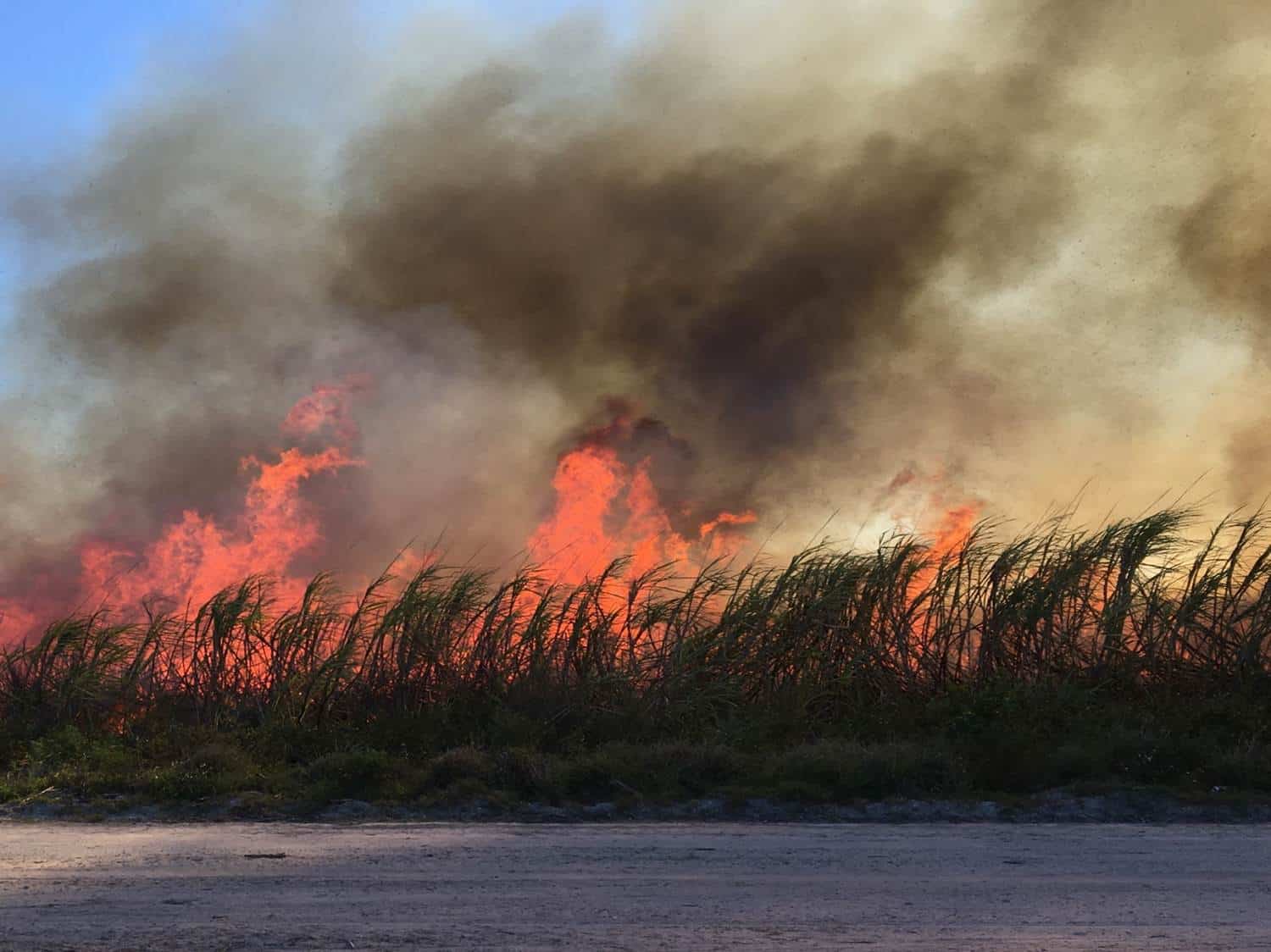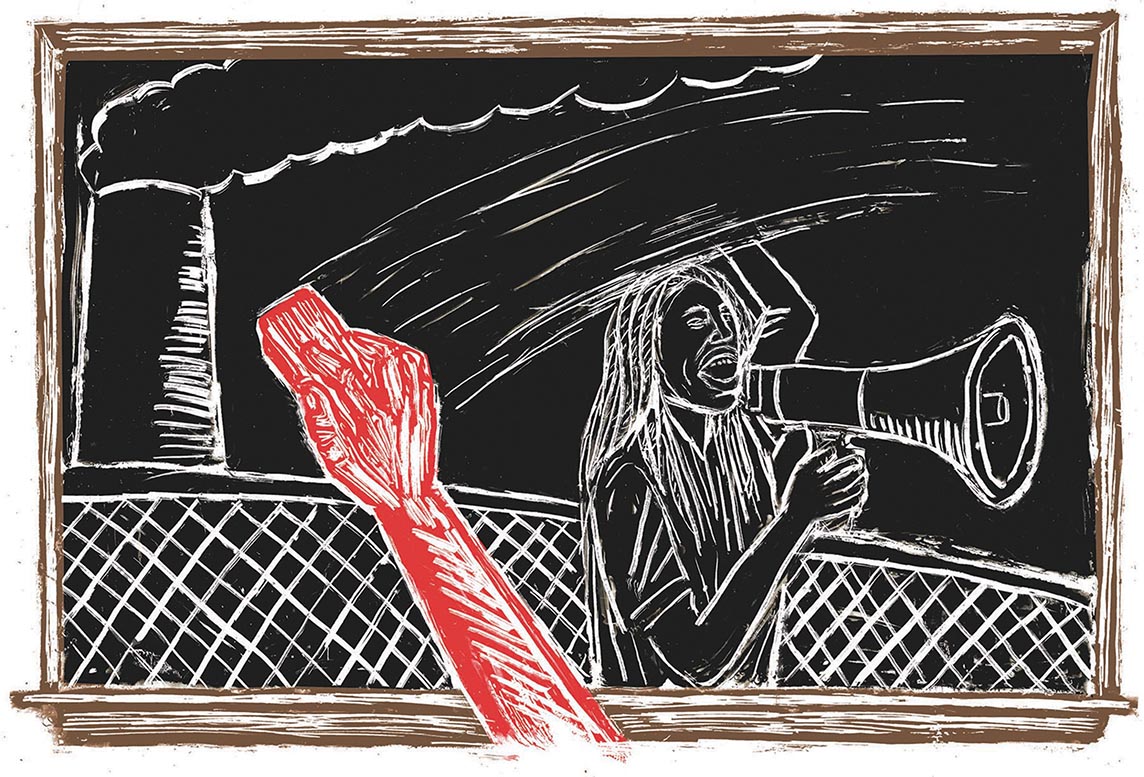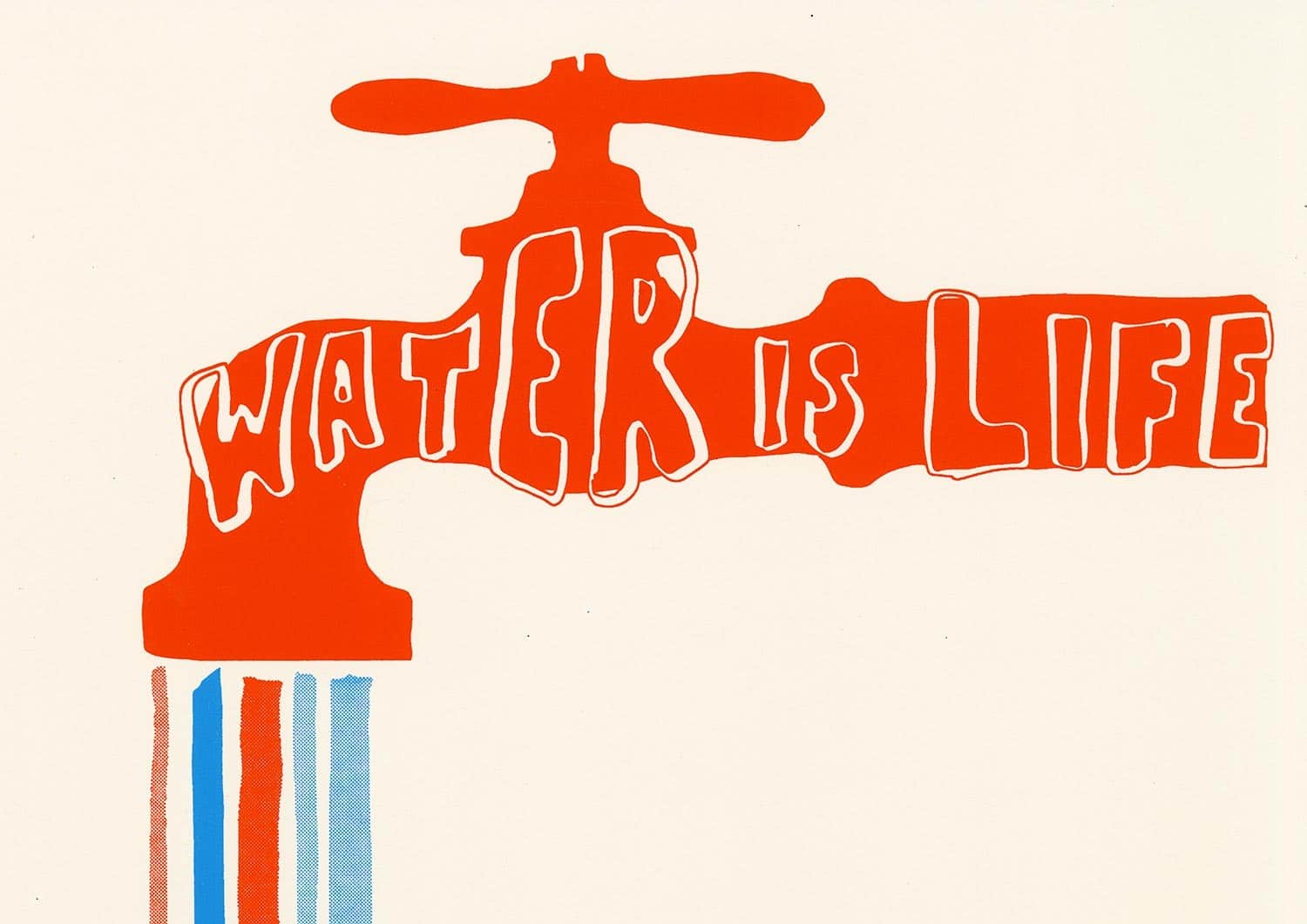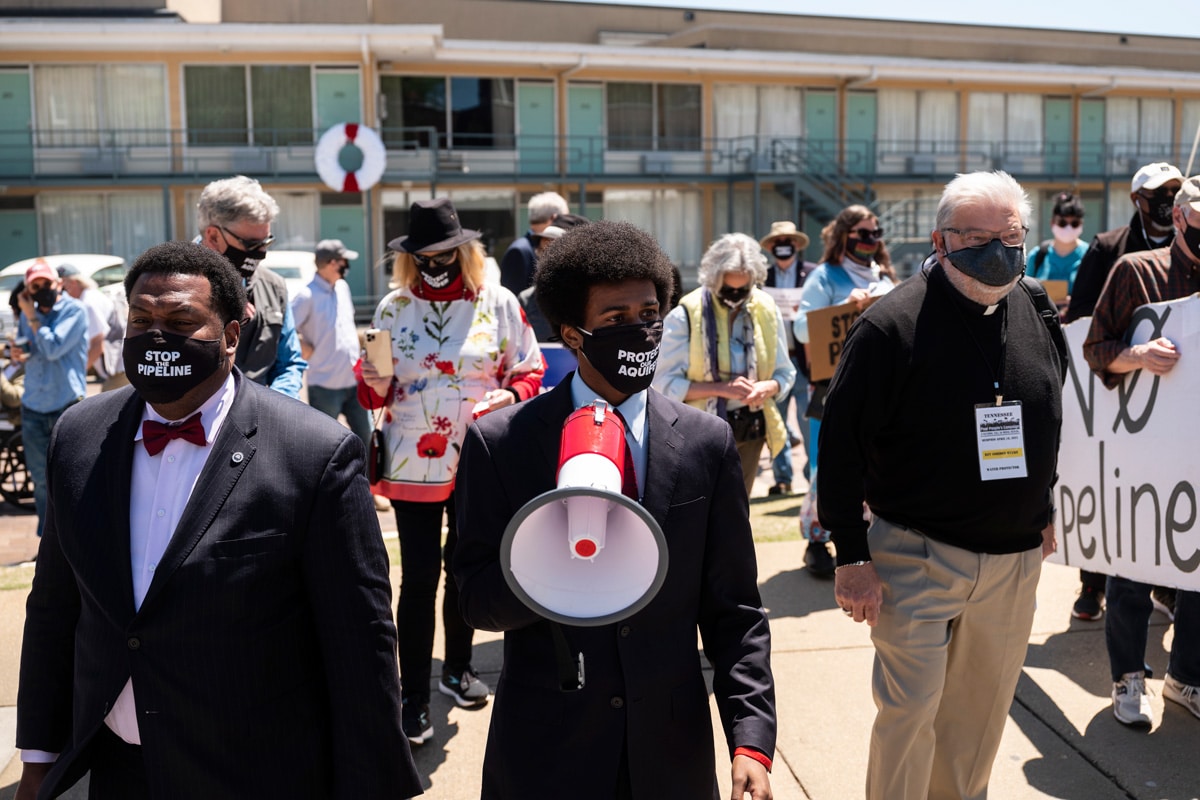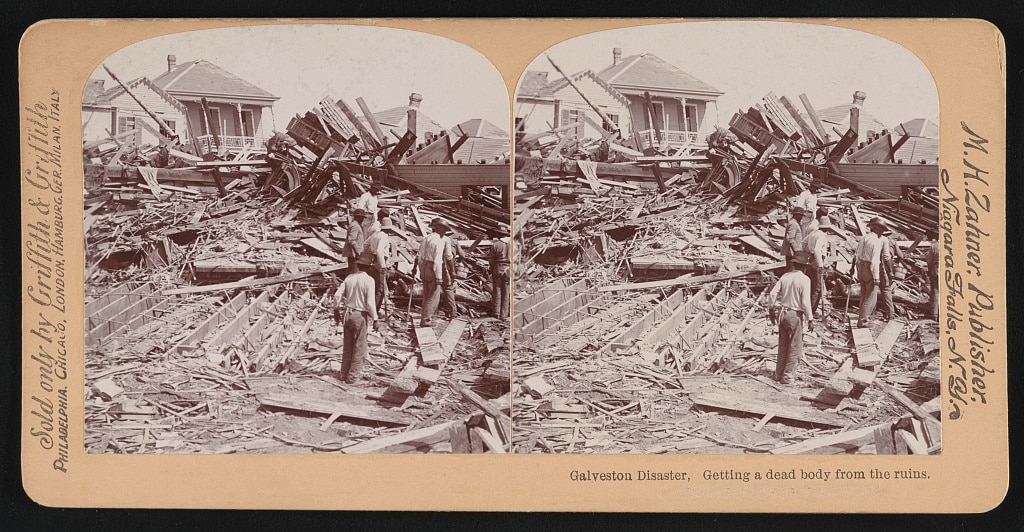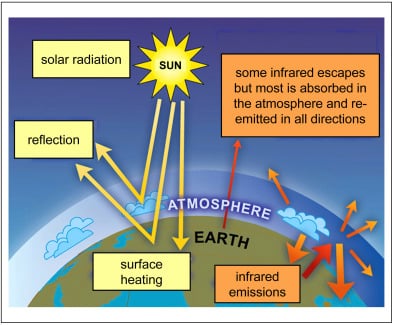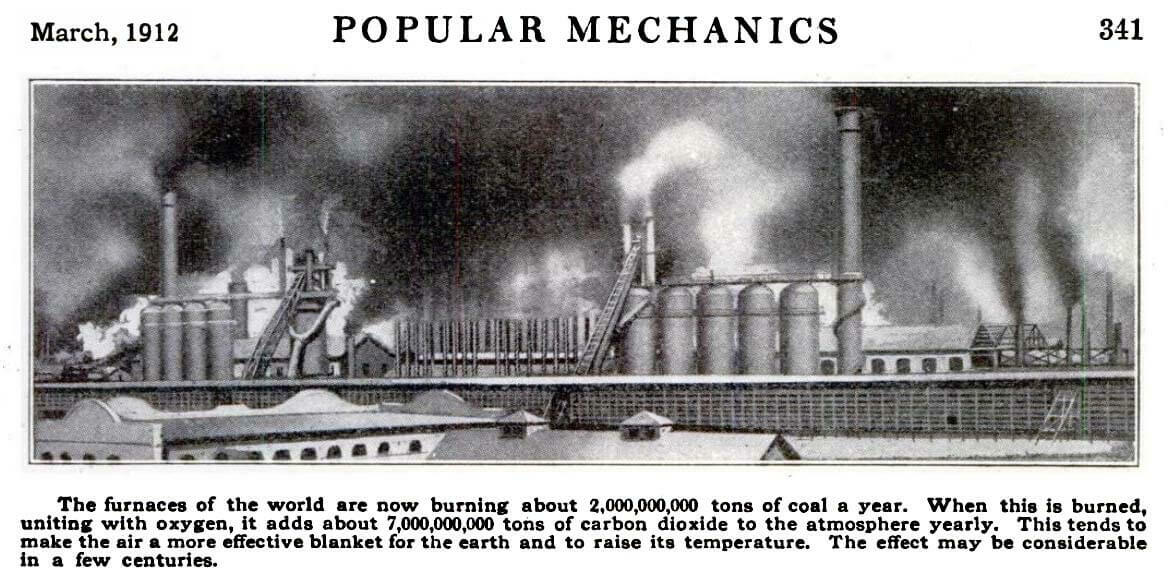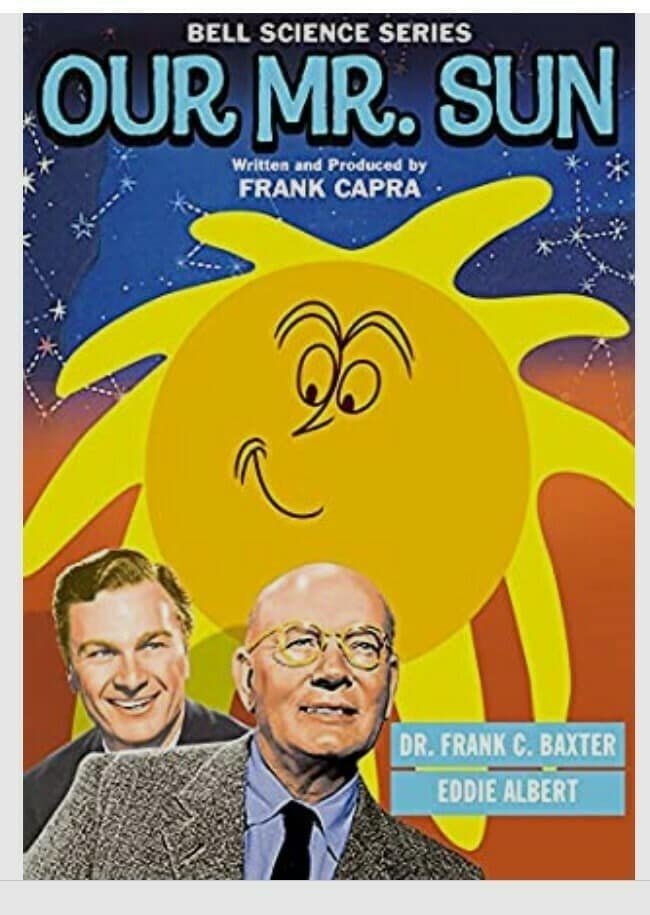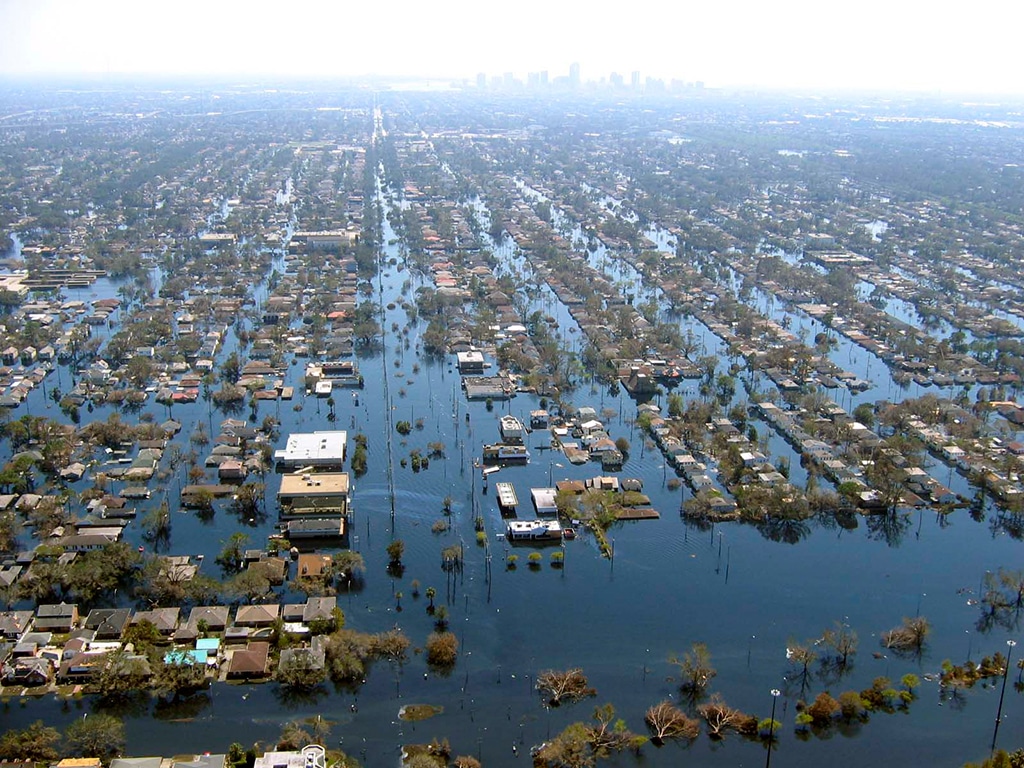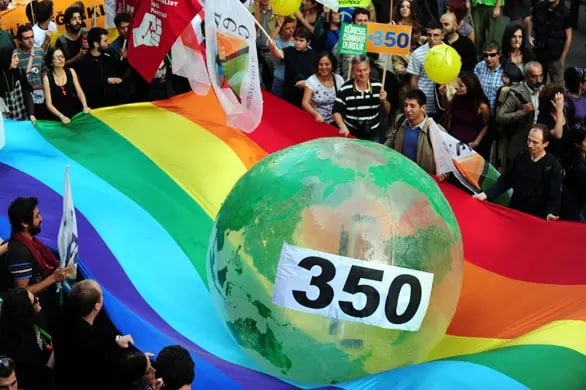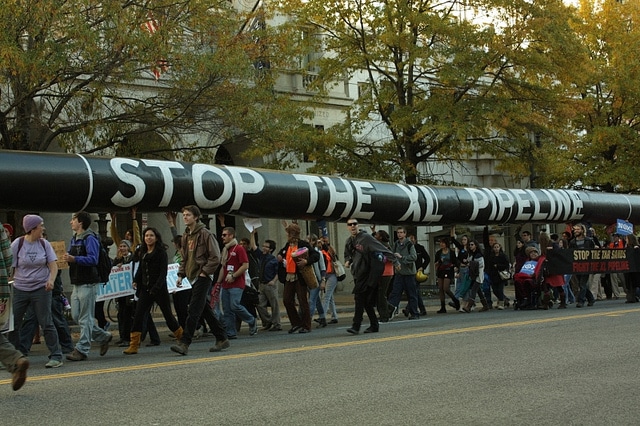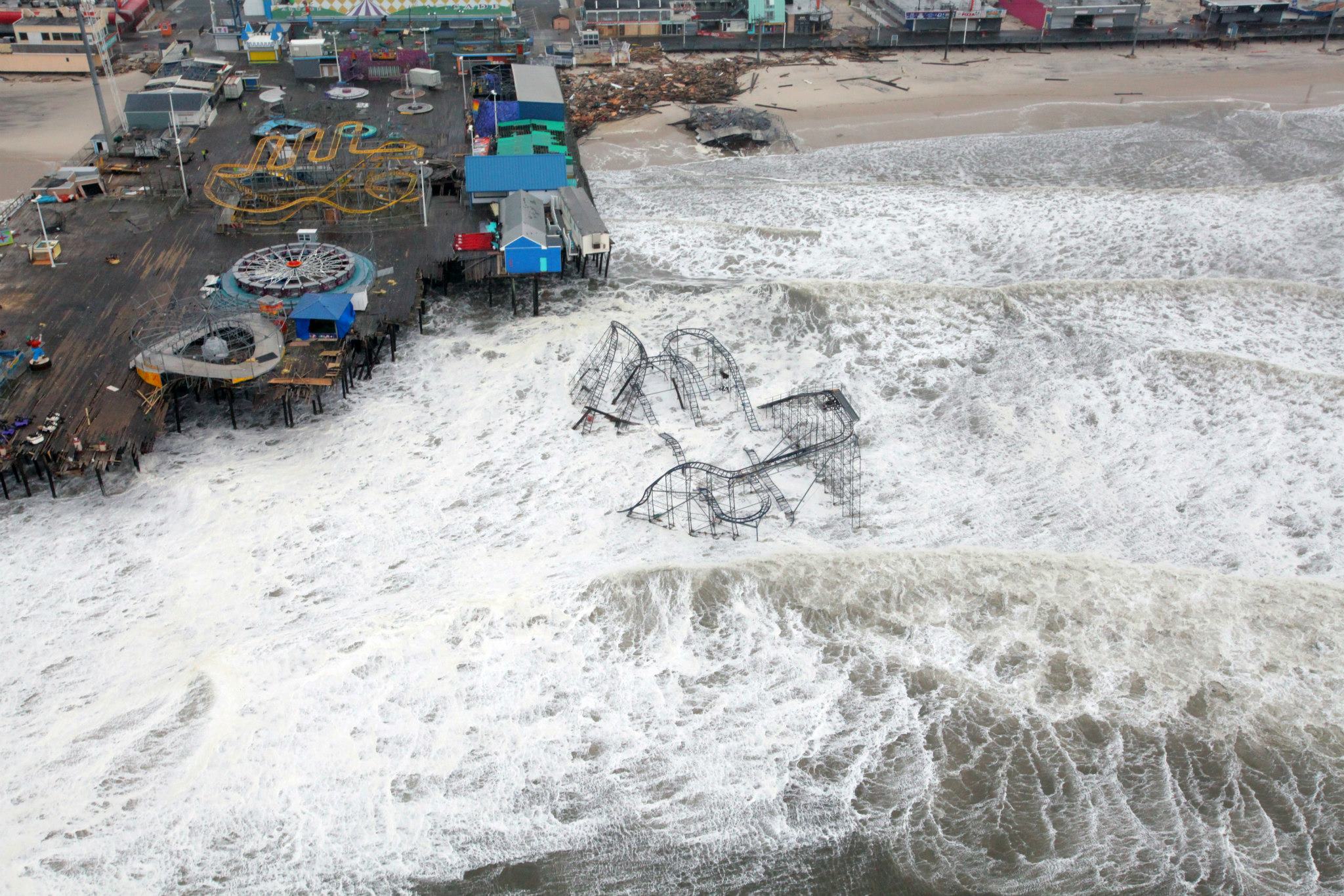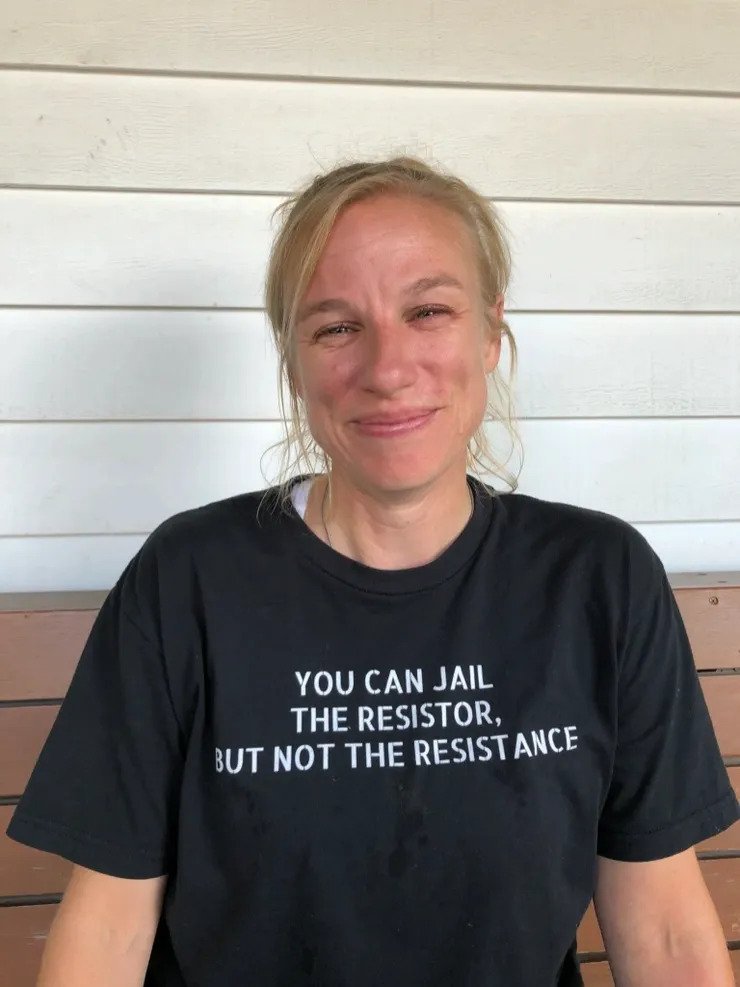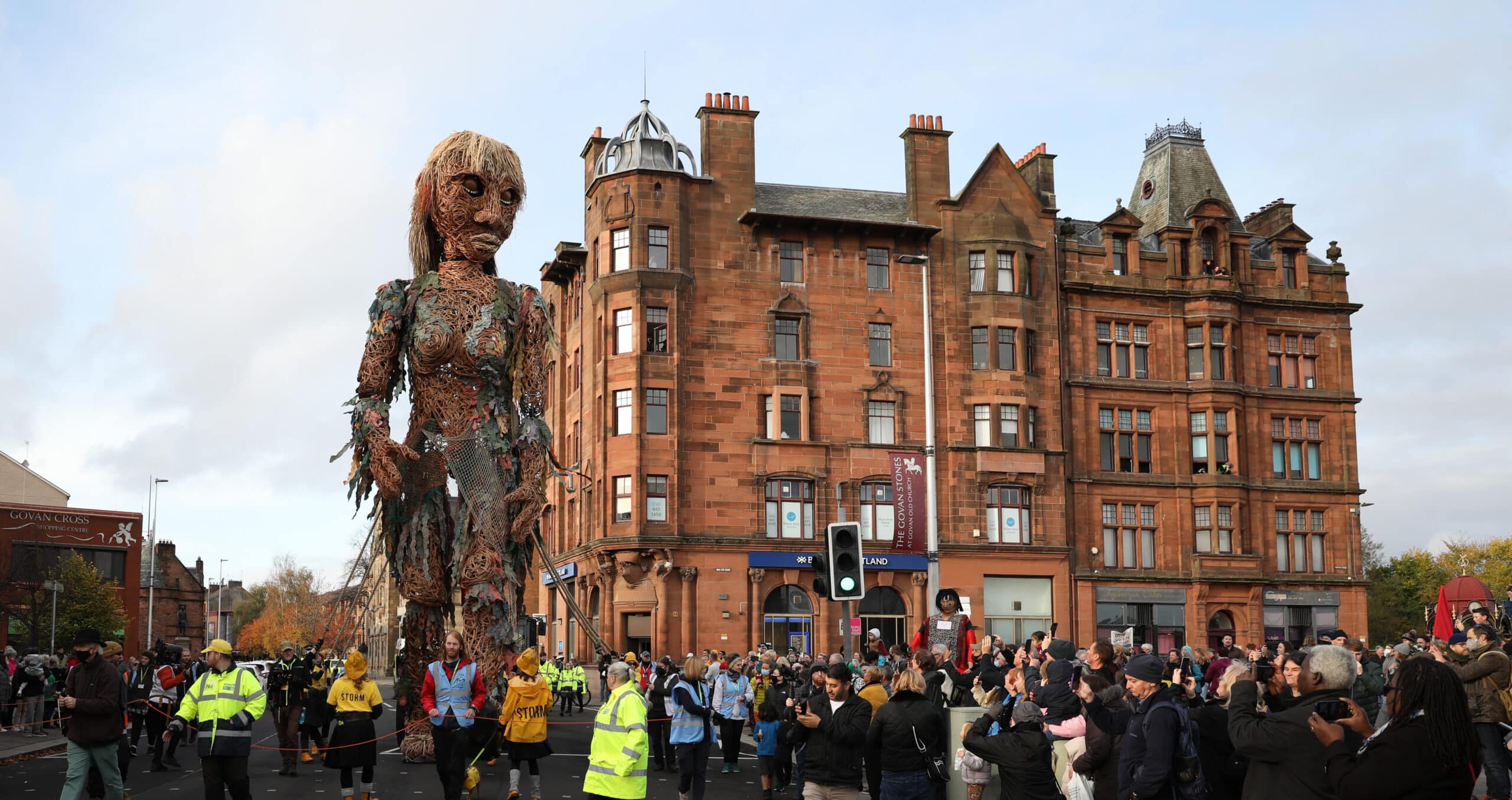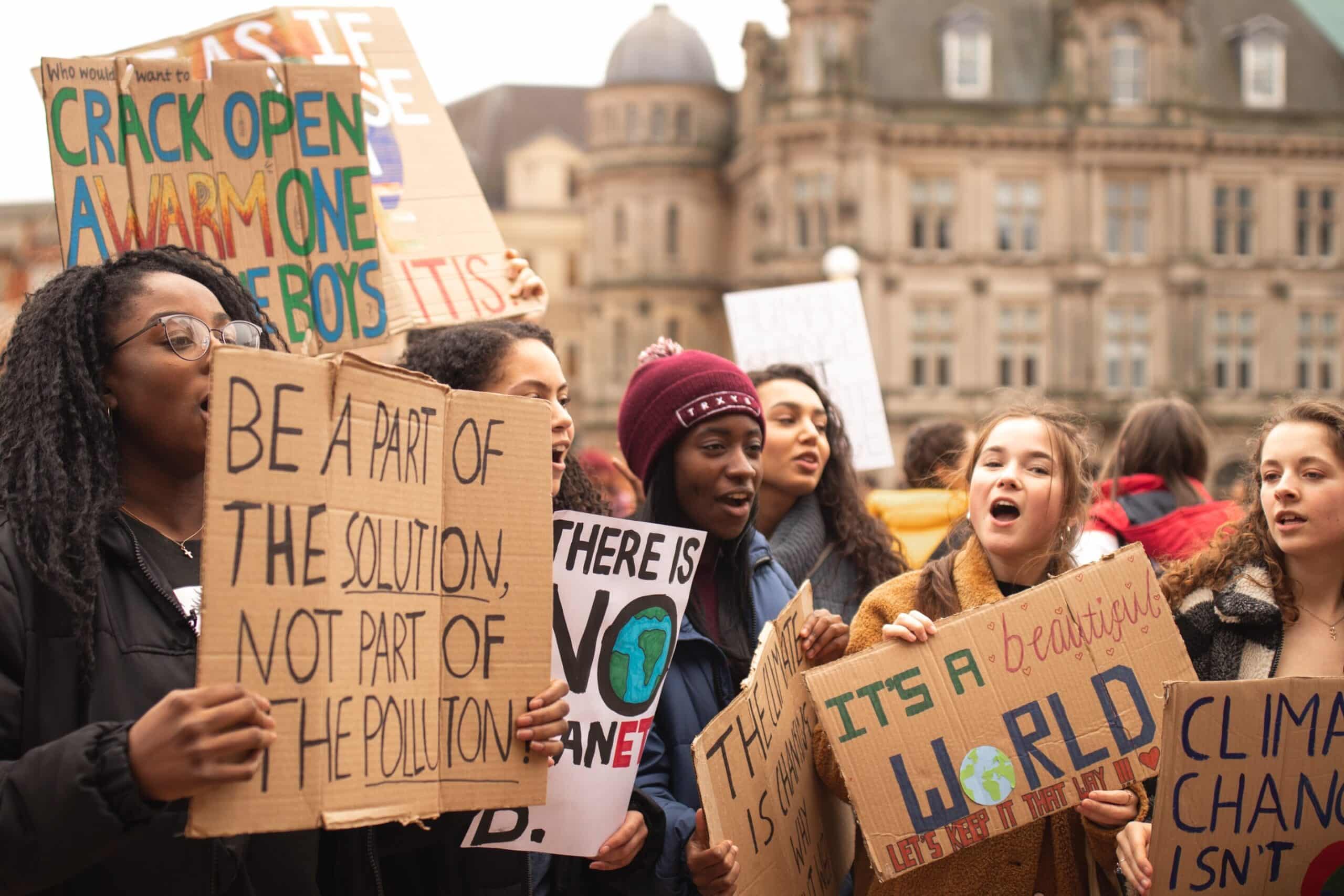Book — Fiction. By Jewell Parker Rhodes. 2023 paperback release. 256 pages.
A powerful coming-of-age survival tale exploring issues of race, class, and climate change.
Continue reading
Book — Non-fiction. By Rachel Carson. 1998 (originally 1964). 112 pages.
An antidote to indifference and a guide to capturing the simple power of discovery that Carson views as essential to life.
Continue reading
Teaching Activity Draft. By Matt Reed and Tim Swinehart. 2019.
Students learn the names and stories of dozens of climate justice activists.
Continue reading
Book — Fiction. By Natalia Sylvester. 2020. 328 pages.
A story that celebrates young people who find themselves as they come to political consciousness and commitment.
Continue reading
Film. Directed and produced by Barbara Kopple. 1976. 103 minutes.
This documentary tells the story of a Kentucky coal miners' strike and the thirteen-month struggle between a community fighting to survive and a corporation dedicated to the bottom line.
Continue reading
Book — Non-fiction. By Nick Estes. 2024. 328 pages.
In Our History Is the Future, Nick Estes traces traditions of Indigenous resistance that led to the #NoDAPL movement.
Teaching Activity by Nick Estes
Continue reading
Resources for teaching about the water crisis in Jackson, Mississippi and its connections to the history of white supremacy and the global climate crisis.
Continue reading
Film. Directed by Judith Helfand. 2020. 54 minutes.
This documentary focuses on Chicago’s heat wave to look at how a weeklong tragedy is really a story about the “slow-motion disaster” caused by race and class inequality.
Continue reading
A coalition of groups set up a series of road blockades preventing gas exploration in New Brunswick, Canada.
Continue reading
The Sierra Club launched the Stop Sugar Field Burning Campaign to bring an end to the practice of sugarcane field burning which is harmful to the environmental and the health of local residents.
Continue reading
The right-wing legislation restricting lessons on history and systemic racism also denies students climate literacy.
Continue reading
Teaching Activity. By Matt Reed and Ursula Wolfe-Rocca. Rethinking Schools.
A mixer activity, inspired by the 2016 Democracy Now! documentary Thirsty for Democracy, introduces students to the struggle of residents to access safe water for drinking, cooking, and bathing in the majority-Black cities of Flint, Michigan; Jackson, Mississippi; and Newark, New Jersey.
Continue reading
Due to overwhelming opposition from activists and community members, construction of the Byhalia Connection oil pipeline in greater Memphis, Tennessee was canceled by its developers, Plains All American Pipeline.
Continue reading
U.S. scientist and women’s rights activist Eunice Newton Foote confirmed Fourier’s theory that atmospheric gases like carbon dioxide trap heat in the atmosphere, a phenomenon that would come to be known as the “greenhouse effect.”
Continue reading
An unexpected hurricane crashed into the Gulf Coast and devastated Galveston, Texas, leaving thousands of people dead and even more left houseless. The storm’s turmoil and destruction allowed white terror and fraud to flourish.
Continue reading
Swedish chemist Svante Arrhenius calculated that burning fossil fuels (coal) will, over time, lead to a hotter Earth. His findings led the way for the emergence of modern climate science and a better understanding of the greenhouse effect.
Continue reading
Francis Molina published an article in New York’s Popular Mechanics on March 1, 1912, which was then republished in New Zealand and other papers around the globe, becoming one of the first news items to directly connect increased coal burning, increased CO2 emissions, and increasing temperatures of the earth.
Continue reading
The popular, educational Bell Laboratories Science series aired a new chapter in the series on prime-time television which warned that CO₂ emissions from fossil fuel use could warm the earth to a degree that melts the polar ice caps and creates a catastrophic rise in sea levels.
Continue reading
In September 2005, Hurricane Katrina, the third deadliest storm in U.S. history, took a disproportionate toll on the Gulf Coast’s Black residents. The impact of Katrina is still felt today for Gulf Coast residents.
Continue reading
In the lead-up to an international conference on climate change in Copenhagen, climate activists organized a “day of action,” where millions of people gathered at thousands of events all over the world, demanding that governments and corporations work to slash CO2 emissions and enforce environmental protections.
Continue reading
Tens of thousands of people rallied outside the White House in opposition to the Keystone XL project.
Continue reading
Hurricane Sandy, the largest Atlantic hurricane on record as measured by diameter, wreaked devastation in the Caribbean and United States for more than a week, causing hundreds of deaths and leaving hundreds of thousands homeless and without electricity.
Continue reading
Environmental activist and member of the Catholic Worker movement, Jessica Reznicek, was sentenced to eight years in federal prison for “domestic terrorism” for acts of civil disobedience and property damage intended to stop the completion of the Dakota Access Pipeline.
Continue reading
An Indigenous-led rally at the site of the United Nations Climate Change conference in Glasgow, Scotland, drew more than 100,000 protesters to demand reparations for Indigenous communities and the Global South, investments in renewable energy instead of fossil fuels, and worker-led transitions to systems that would reduce poverty and injustice.
Continue reading
Young climate activists and students across the world organized school strikes for climate justice, culminating in worldwide strikes on March 15, 2019, demanding concrete plans to slash CO2 emissions.
Continue reading

